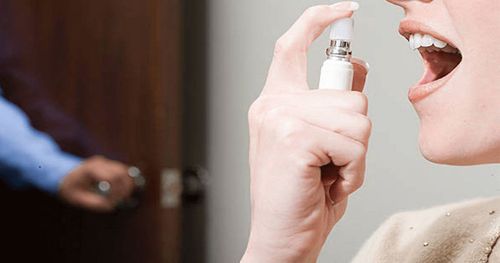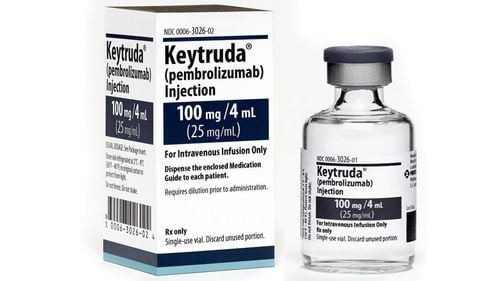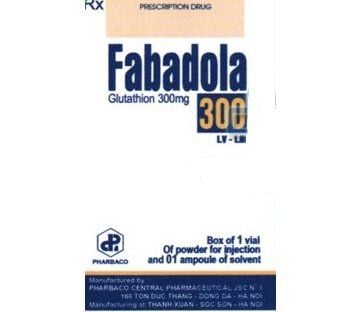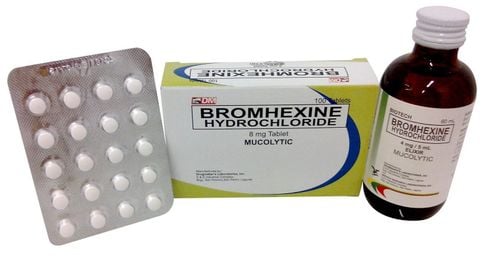This is an automatically translated article.
Until now, infectious diseases have always been a concern of health professionals as well as many people because of the extent and consequences they cause. Therefore, infection prevention is always a popular topic of search today.
To prevent infectious diseases, each citizen should take the following methods:
1. Build a reasonable diet
The immune system is the body's first line of defense against infectious diseases. Therefore, each of us needs a strong immune system by building a balanced diet rich in nutrients, low in processed foods and red meat. In addition, good eating habits can also help you maintain a healthy weight
2. Get enough sleep to prevent infectious diseases
This is an important factor that helps strengthen the superior immune system. During deep sleep, the body produces proteins called cytokines that help reduce inflammation and other diseases. Avoiding staying up late and getting enough sleep not only strengthens the immune system but also helps the body have more energy for the next working day.
3. Fully vaccinated
Vaccination plays an important role in controlling infectious diseases such as hepatitis A and B, polio, mumps, measles, whooping cough, flu and especially recently COVID-19. Check again to make sure you and your family members have had all the shots.

Bệnh truyền nhiễm luôn là mối quan tâm của nhiều người
4. Clean and disinfect surfaces
Surfaces that are frequently in contact with people are always the source of many pathogens. Therefore, it is necessary to keep the work areas and the kitchen and bathroom clean at all times.
Disinfection should be performed by washing with soap and water, then wiping with disinfectant wipes. These products may be good for the user's hands, but they do not kill pathogens. Remember to always wear gloves when using sanitizer and wash your hands after you're done.
5. Wash your hands often
You risk catching germs just by touching unclean surfaces or things that sick people often touch, like doorknobs, furniture, touch screens. We can prevent this by regularly washing our hands with soap under running water and then drying them.
6. Use hand sanitizer quickly
This is also a good way to fight germs when soap and water are not available, as long as the sanitizer contains at least 60% alcohol and is free of harmful substances such as methanol. However, hand sanitizer is not a substitute for hand washing because it does not remove all pathogens and is not effective when hands are greasy. Attention should be paid to each use not to use too much because it can create a film on the hands to create conditions for pathogens to hide.
7. Don't let your hands touch your face
We often have a habit of touching our face with our hands and sometimes that action happens unconsciously. One study found that people touch their faces an average of 23 times per hour. This can lead to pathogens entering your body through your eyes, nose, or mouth. This is also a reason to keep our hands clean.

Tiêm vắc xin đóng một vai trò quan trọng trong việc kiểm soát các bệnh truyền nhiễm
8. Do not share personal items When sharing personal items, individuals can also share germs. Items contaminated with saliva such as toothbrushes, lip gloss or blood-stained items such as razors and nail clippers are mediums for the spread of infectious diseases. Also, if you're going to share food, use your own utensils.
9. Practice hygiene when preparing food The kitchen is a place for many pathogens, so always wash your hands before and after preparing food; Wash fruits and vegetables. Keep raw food away from cooked food; change utensils and cutting boards that touch raw food; Wipe down the surfaces where you have placed raw food.
When cooking, make sure all food is cooked to the right temperature such as:
180 degrees for chicken; 145 degrees for most meats like barbecue or steak; Fish should be cooked until you can't see through. 10. Keep your distance Physical distance should be at least 6 feet away from people who are not in your household. That keeps us away from any droplets released when someone coughs, sneezes, or talks. If you know infectious diseases like COVID-19 or the flu are spreading in your area, it's best to have social activities organized outside in small groups, where people can be far apart.
11. Wear a mask to prevent infectious diseases
To prevent airborne infections like COVID-19, the CDC recommends wearing a mask when you're in public or near anyone who doesn't live with you. Medical masks work well, but they can only be worn once. Cloth face masks have multiple layers that can block up to 70% of water droplets and are washed for frequent reuse. Remember to wash your hands immediately if you touch the inside of the mask after wearing it.
12. Practice safe sex Not having sex is the only surefire way to prevent the spread of sexually transmitted diseases. But there are a few things you can do to keep yourself safe if you're sexually active.
Both you and your partner should get tested to make sure no one has HIV or other sexually transmitted diseases. It takes a healthy sex life for a single partner. If you have sex with another person, make sure to use a condom.
13. Pay Attention to Pets Dogs and cats that go outside can carry ticks and related diseases like encephalitis and Lyme. To make sure all family members stay healthy, schedule health check-ups, complete vaccinations, keep your pets clean, and don't give them raw, unprocessed food. carefully transformed.
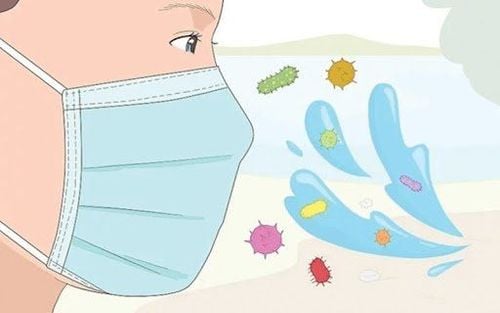
Đeo khẩu trang phòng tránh bệnh lây nhiễm
14. Get rid of insects at the root
Rodents and insects can carry many different pathogens, so keeping them out of your home is important for your family's health. Make sure food and trash cans are covered, seal holes or cracks in the walls, and disinfect any areas you see signs of pests like their droppings or eggs.
Prevention is an important factor that plays a key role in infectious diseases. Complying with all of the above will minimize the risk of infectious diseases and ensure the health of you and your family.
Please dial HOTLINE for more information or register for an appointment HERE. Download MyVinmec app to make appointments faster and to manage your bookings easily.
Reference source: webmd.com



